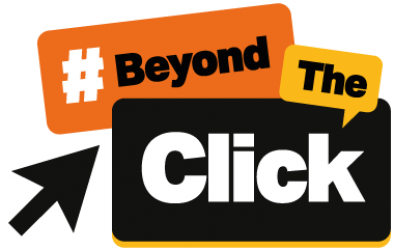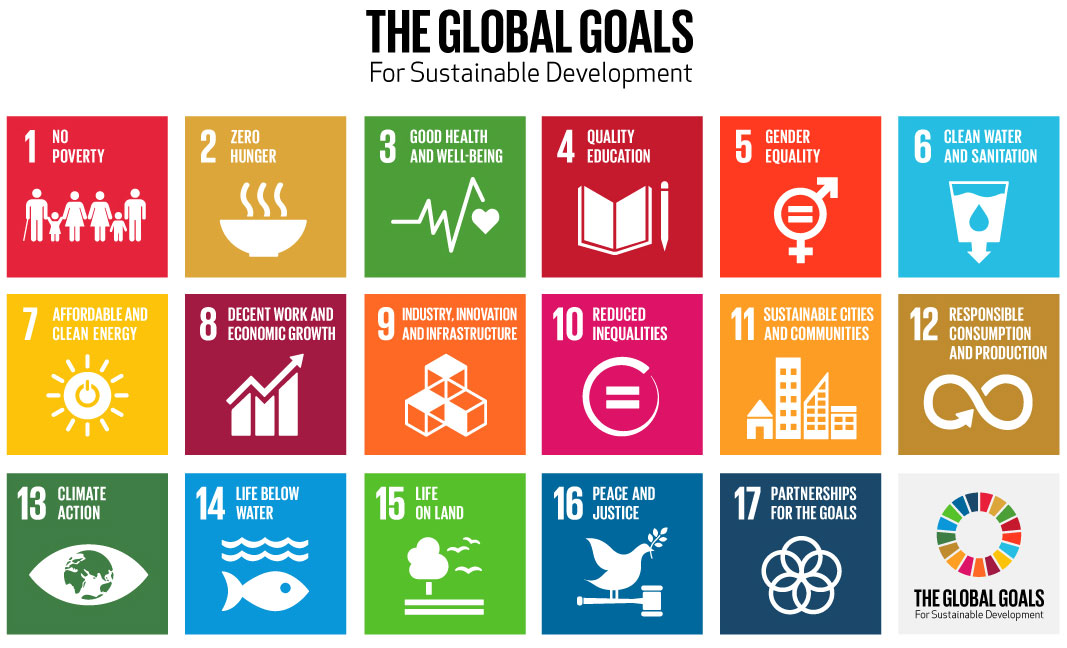Using this Toolkit
Course Leaders & Educators
Knowing how to post a tweet is not the same as knowing and being confident in what to tweet or of the impact of tweeting, good and bad. This toolkit has been designed to introduce, extend and engage digital citizenship within real world contexts, from a range of perspectives that struggle for justice and fairer and more equal inclusion of all in this increasingly unequal world.
Age-appropriate changes to the toolkit can be best made by course leaders in the context of their own group and circumstances. So, change this toolkit to fit your agenda!
Essential characteristics of the toolkit include:
- Developing literacy skills, attitudes and behaviour that are rooted in building civics literacy, human rights approaches and global justice views and voices working towards more peaceful, inclusive and sustainable communities.
- It can be modified and adapted by teachers, youth workers and course leaders to compliment and/or extend digital literacy courses or to broaden global citizenship education and education for the Sustainable Development Goals as well as Education for Sustainable Development (ESD).
- The learning approach adopted is based on extending and supporting active learning, learner-centred approaches and participatory methods.
- Linking to case studies and the SDGs – each section links to related case studies – ‘goals’ from the Sustainable Development Goals framework. Case studies form the bedrock of examples of different sections of the framework in practice. Using the case studies as part of a groups’ exploration of the possibilities for digital media to bring about positive change showcases the possible, and simply the probable.
- Developing dispositions – the 10 Elements and 8 Framework sections open up a broad set of approaches in cultivating skills, attitudes and behaviour. Overall, it seeks to develop an approach not only to how we ‘see’ and ‘read’ the world but also how we act in it as part of engaging in digital communities – cultivating digital citizenship from a global vantage point but with a local action focus. A range of ‘internationalist’ approaches have informed this dispositions approach, including UNESCO’s education for the SDGs and global citizenship education work, human rights education, digital citizenship education and the digital literacy debates and tools more broadly.
Subjects
The toolkit has been designed to extend and support learning across a range of education subjects, interests, short courses and perspectives including:
- Junior Cycle: Digital Media Literacy (DML), English, Civic, Social and Political Education (CSPE), Social, Personal and Health Education (SPHE)
- Senior Cycle: English, Politics and Society, Business Studies
- More generally: Education for Sustainable Development, Human Well-Being, Safeguarding Online, Children’s Rights Education etc.
The toolkit covers a range of related teaching specification issues and outcomes that directly support educational engagement with politics and civics courses and topics.
- The 25 activities contains a suite are based on 8 key learning strands to be adapted and extended by course leaders and teachers.
- The case studies section compliments the ‘practice’ dimensions of active citizenship and the ‘action’ components, drawing on the reflective work of individuals and groups working to contribute to effectively
- All four Politics and Society learning strands are relevant in the toolkit
As a starting point, the following topics are suggested for inclusion based on the Politics and Society specification (curriculum) in Ireland at senior secondary school level.
Strand 1: Power and Decision-Making
Topic 1: Power and Decision-Making in the School
1.3 ideas underpinning these arguments (on the need for rules)
Topic 2: Power and Decision-Making at National and European Level
2.5 evidence about the effectiveness of representation
2.6 traditional and new media in a democracy
Strand 2: Active Citizenship
Topic 3: Effectively Contributing to Communities
3.1 People who have made positive contributions to their social context
3.2 becoming involved in, or starting an initiative, group or organisation
3.3 the range of means of taking action at local, national or international level
3.4 identifying, evaluating and achieving personal and collective goals, including developing and evaluating action plans
3.5 developing personal qualities that help in new and difficult situations, such as taking initiatives, being flexible, being reliable and being able to persevere when difficulties arise
3.6 appraising oneself, evaluating one’s own performance, receiving and responding to feedback
Topic 4: Rights and Responsibilities in Communication with Others
4.1 rights to freedom of expression in small-group contexts
4.2 developing skills in listening and communicating
4.3 acknowledging differences and negotiating and resolving conflicts
4.4 seeking and evaluating information and ideas
4.5 relating democratic practices in small groups to the sorts of practices that are appropriate for citizens in wider society
Strand 3: Human Rights and Responsibilities
Topic 5: Human Rights and Responsibilities in Ireland
5.4 arguments about rights
Topic 6: Human Rights and Responsibilities in Europe and the Wider World
6.1 rights in the wider world
6.2 arguments about rights in the wider world
6.3 international cooperation and human rights
Strand 4: Globalisation and Localisation
Topic 7: Globalisation and Identity
7.2 diversity and cultural change
7.4 understanding identity
7.5 understanding interaction between western and non-western culture
Topic 8: Sustainable Development
8.1 actions that address sustainable development
8.2 arguments concerning sustainable development
Citizenship Project
The toolkit includes many citizenship education project ideas and moments – indeed it was developed with this in mind. The case studies section, for example, contains ideas, tips and key reference points in individual, group and national campaigns led by young people and by adults (and sometimes both) as a springboard for ideas and action projects.
1 Communicates effectively using a variety of means in a range of contexts in L1
3 Creates, appreciates and critically interprets a wide range of texts
4 Creates and presents artistic works and appreciates the process and skills involved
5 Has an awareness of personal values and an understanding of the process of moral decision making
6 Appreciates and respects how diverse values, beliefs and traditions have contributed to the communities and culture in which she/he lives
7 Values what it means to be an active citizen, with rights and responsibilities in local and wider contexts
8 Values local, national and international heritage, understands the importance of the relationship between past and current events and the forces that drive change
9 Understands the origins and impacts of social, economic and environmental aspects of the world around her/him
10 Has the awareness, knowledge, skills, values and motivation to live sustainably
11 Takes action to safeguard and promote her/his wellbeing and that of others
16 Describes, illustrates, interprets, predicts and explains patterns and relationships
18 Observes and evaluates empirical events and processes and draws valid deductions and conclusions
19 Values the role and contribution of science and technology to society, and their personal, social and global importance
20 Uses appropriate technologies in meeting a design challenge
21 Applies practical skills as she/he develop models and products using a variety of materials and technologies
22 Takes initiative, is innovative and develops entrepreneurial skills
23 Brings an idea from conception to realisation
24 Uses technology and digital media tools to learn, communicate, work and think collaboratively and creatively in a responsible and ethical matter
Full statements of learning available from the NCCA Framework for Junior Cycle section
The toolkit supports youth workers, leaders and workers in implementing the BOBF national policy framework through the following aims:
National Outcomes (and aims):
2. Achieving full potential in all areas of learning & development
2.2 social and emotional well-being
2.3 Engaged in learning
2.4 achieving in education
4. Economic security & opportunity
4.3 Opportunities for ongoing education and training
5. Connected, respected & contributing to their world
5.1 Sense of own identity, free from discrimination
5.2 Part of positive networks of friends, family and community
5.3 Civically engaged, socially and environmentally conscious
5.4 Aware of rights, responsible and respectful of the law
Using the framework
Activities
Each of the 8 section contains granular examples of behaviour to track progress and achievement. The 24 suggested activities are divided into three activities per section – an initial ‘warm up’ focus identifying questions, issues and opinions; a second ‘research or enquiry’ activity and a third analysing and reflecting on online materials and approaches.
Activities can be undertaken in whole group sessions and individual or smaller group sessions with a view to maximising interaction, communication and comparative discussion and analysis.
Keywords
Each section contains a list of related keywords to the topic which might be useful at some stage in the process to discuss keywords associated with issues presented and whether we effectively understand them.
The Sustainable Development Goals
This toolkit supports using the UN Sustainable Development Goals as a reference point and as a fulcrum for debate, discussion and action. Each of the 8 learning strands in this toolkit includes a series of Goals from the SDGs that relate to the topic or draws on case studies that can be taken up and explored as part of learning journeys. For more detailed information on goal-specific learning outcomes, see the report Education for Sustainable Development Goals: Learning Objectives produced in 2017 by UNESCO, or check out developmenteducation.ie’s FAQs navigating the Sustainable Development Goals.
Note: this toolkit has been directly inspired by the work of the Teaching Tolerance Digital Literacy Framework, a project from the Southern Poverty Law Center and is grateful for including the framework with permission as part of the toolkit.


